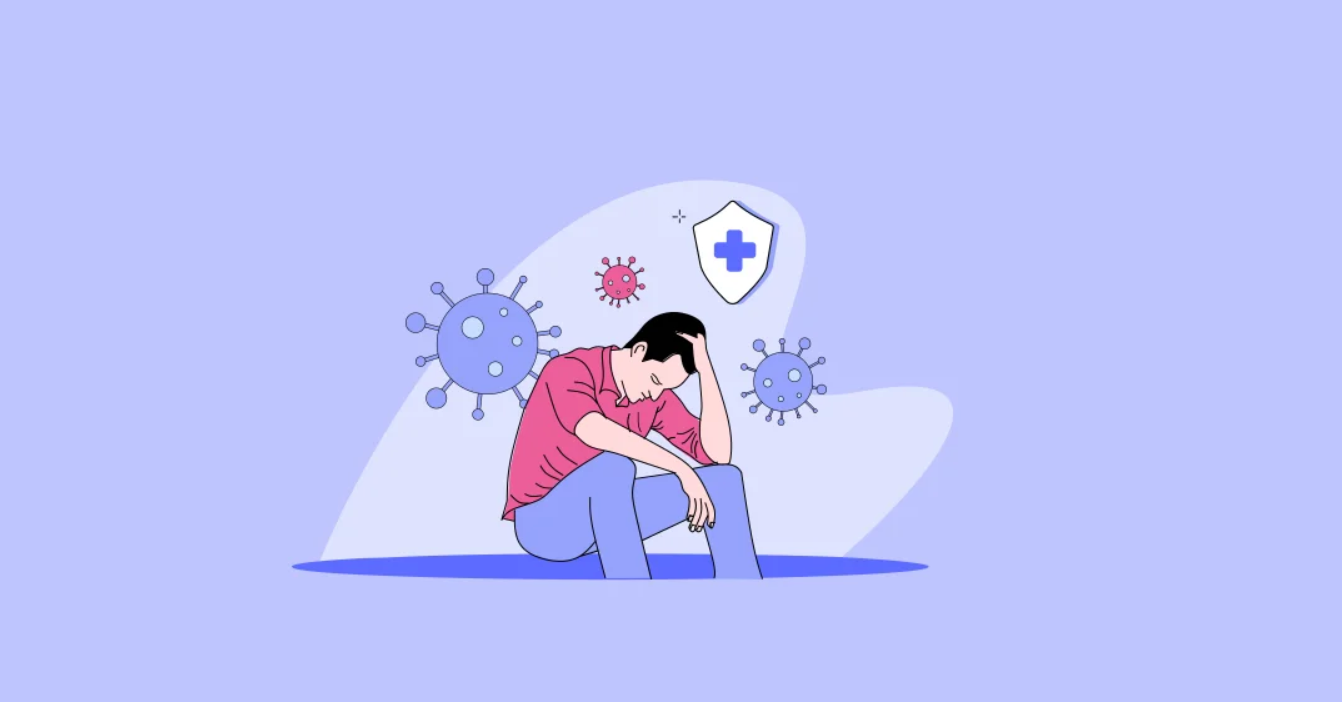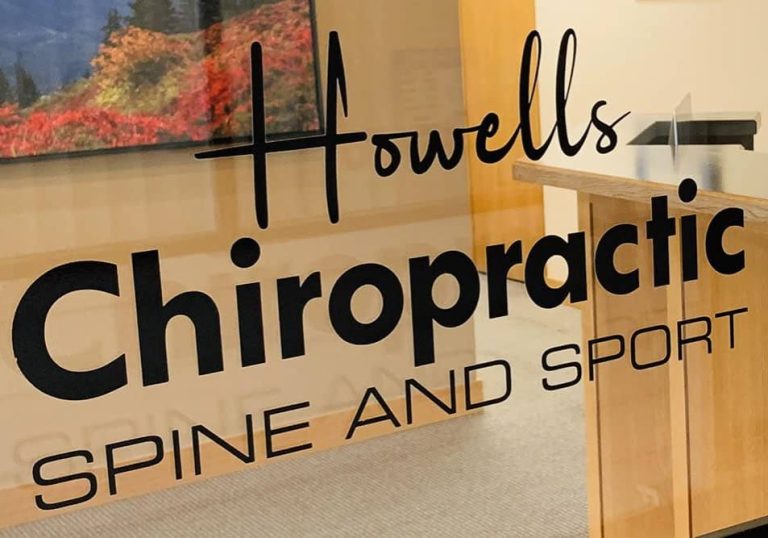Contents
Understanding the Problem
The rising cost of healthcare and health insurance has placed a considerable burden on individuals and families. Millions of Americans are uninsured or underinsured, making it difficult to access the care they need. This can lead to delayed diagnoses, untreated conditions, and financial hardship.
What to Do If You Can’t Afford Health Insurance: Key Strategies
Here are some key strategies to help you navigate the healthcare system without health insurance:
1. Explore Government Assistance Programs:
The federal government and many state governments offer various programs to help individuals and families afford health insurance and healthcare. Some of the most important programs include:
-
Medicaid: This program provides health insurance to low-income individuals and families. Eligibility requirements vary by state.
-
Children’s Health Insurance Program (CHIP): CHIP offers low-cost health insurance to children in families that earn too much to qualify for Medicaid but can’t afford private insurance.
-
Affordable Care Act (ACA) Marketplace: The ACA Marketplace offers health insurance plans with subsidies for individuals and families who meet certain income requirements.
-
Medicare: This program provides health insurance to individuals aged 65 and older and those with certain disabilities.
2. Consider Cost-Sharing Ministries:
Cost-sharing ministries are faith-based organizations that allow members to share the cost of medical expenses. These ministries are not technically health insurance, but they can offer a safety net for unexpected medical bills. It’s crucial to research and carefully consider the terms and conditions of these ministries before joining.
3. Negotiate Medical Bills:
Don’t be afraid to negotiate medical bills. Many healthcare providers are willing to work with patients who are uninsured or underinsured. You may be able to negotiate a lower price or set up a payment plan.
4. Seek Care at Community Health Centers:
Community health centers offer affordable healthcare services to low-income and uninsured individuals. These centers provide a wide range of services, including primary care, dental care, and mental health services.
5. Utilize Free Clinics:
Free clinics offer free or low-cost healthcare services to individuals who are uninsured or underinsured. These clinics are often staffed by volunteer healthcare professionals.
6. Consider Telemedicine:
Telemedicine allows you to consult with a healthcare professional remotely, often at a lower cost than an in-person visit. This can be a good option for minor illnesses or follow-up appointments.
7. Shop Around for Prescription Drugs:
Prescription drug prices can vary significantly from one pharmacy to another. It’s essential to shop around and compare prices before filling your prescriptions. You may also be able to get discounts through manufacturer coupons or patient assistance programs.
8. Practice Preventive Care:
Taking care of your health can help you avoid costly medical bills. Eat a healthy diet, exercise regularly, get enough sleep, and see your doctor for regular checkups.
9. Be Prepared for Emergencies:
Have a plan in place in case of a medical emergency. Know where the nearest emergency room is and have a way to get there. You may also want to consider purchasing a short-term health insurance plan to cover unexpected medical expenses.
What to Do If You Can’t Afford Health Insurance: Additional Resources
Here are some additional resources that may be helpful if you’re struggling to afford health insurance:
-
Healthcare.gov: This website provides information about the ACA Marketplace and other government assistance programs.
-
National Association of Community Health Centers: This organization can help you find a community health center near you.
-
Free Clinic Directory: This directory lists free clinics across the United States.
-
Partnership for Prescription Assistance: This program helps patients get access to free or low-cost prescription drugs.
-
NeedyMeds: This website provides information about patient assistance programs and other resources for people who can’t afford their medications.
What to Do If You Can’t Afford Health Insurance: FAQs
Here are some frequently asked questions about what to do if you can’t afford health insurance:
Q: What if I have a pre-existing condition?
A: Under the ACA, health insurance companies cannot deny you coverage or charge you more because of a pre-existing condition.
Q: What if I’m pregnant?
A: You may be eligible for Medicaid or CHIP if you’re pregnant. You can also find affordable prenatal care at community health centers and free clinics.
Q: What if I need mental health services?
A: Community health centers and free clinics often offer mental health services. You may also be able to find affordable mental health care through telemedicine.
Q: What if I’m undocumented?
A: Undocumented immigrants are not eligible for most government assistance programs. However, you may be able to get care at community health centers and free clinics.
What to Do If You Can’t Afford Health Insurance: Conclusion
Not being able to afford health insurance can be a stressful and challenging situation. However, by exploring all available options and being proactive about your health, you can still get the care you need. Remember, there are resources available to help you, so don’t hesitate to reach out for assistance.
What to Do If You Can’t Afford Health Insurance: Additional Tips
Here are some additional tips to help you navigate the healthcare system without health insurance:
-
Be your own advocate: Don’t be afraid to ask questions and speak up for yourself.
-
Stay informed: Keep up-to-date on changes to healthcare laws and programs.
-
Build a support network: Connect with others who are also struggling to afford health insurance.
-
Don’t give up: Finding affordable healthcare can be challenging, but it’s important to persevere.
Remember, your health is important. Don’t let the cost of health insurance prevent you from getting the care you need. By being proactive and resourceful, you can navigate the healthcare system and stay healthy, even without insurance.
Read More: Does Medicare Pay for Liver Transplants? A Comprehensive Guide






